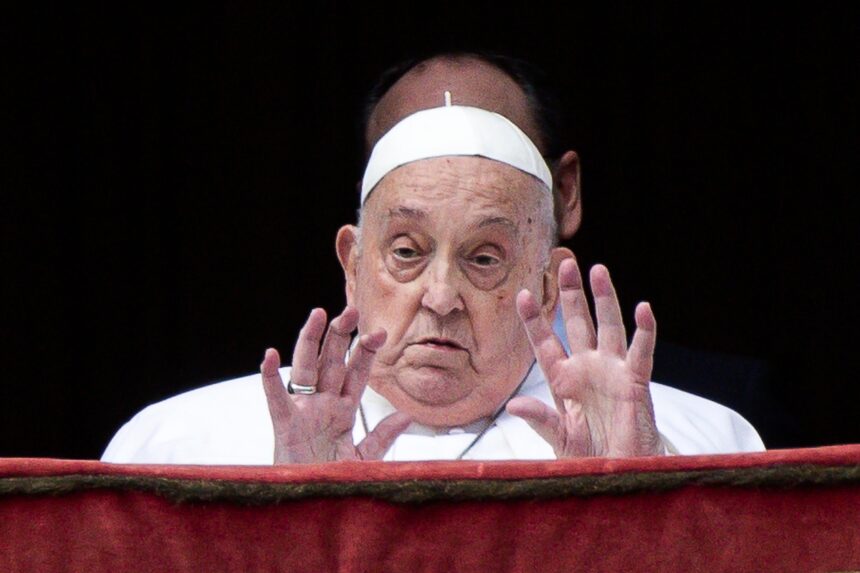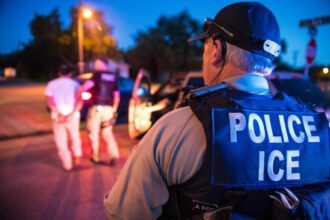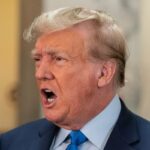The Latin presence in the next papal conclave that will elect Pope Francis’ successor will be stronger than ever. Thanks to the decisions made by Francis himself to internationalize the Church’s hierarchy, Latin America will have 23 cardinals with voting rights, four more than those who participated in the 2013 conclave.
The Argentine pope, Jorge Mario Bergoglio, has ensured that the structure of the College of Cardinals better reflects the geographic diversity of the Catholic Church, whose greatest growth today is in Africa and Latin America. This commitment to representativeness was demonstrated in the last consistory of 2023, when six of the new cardinals were Latin American.
Country representation
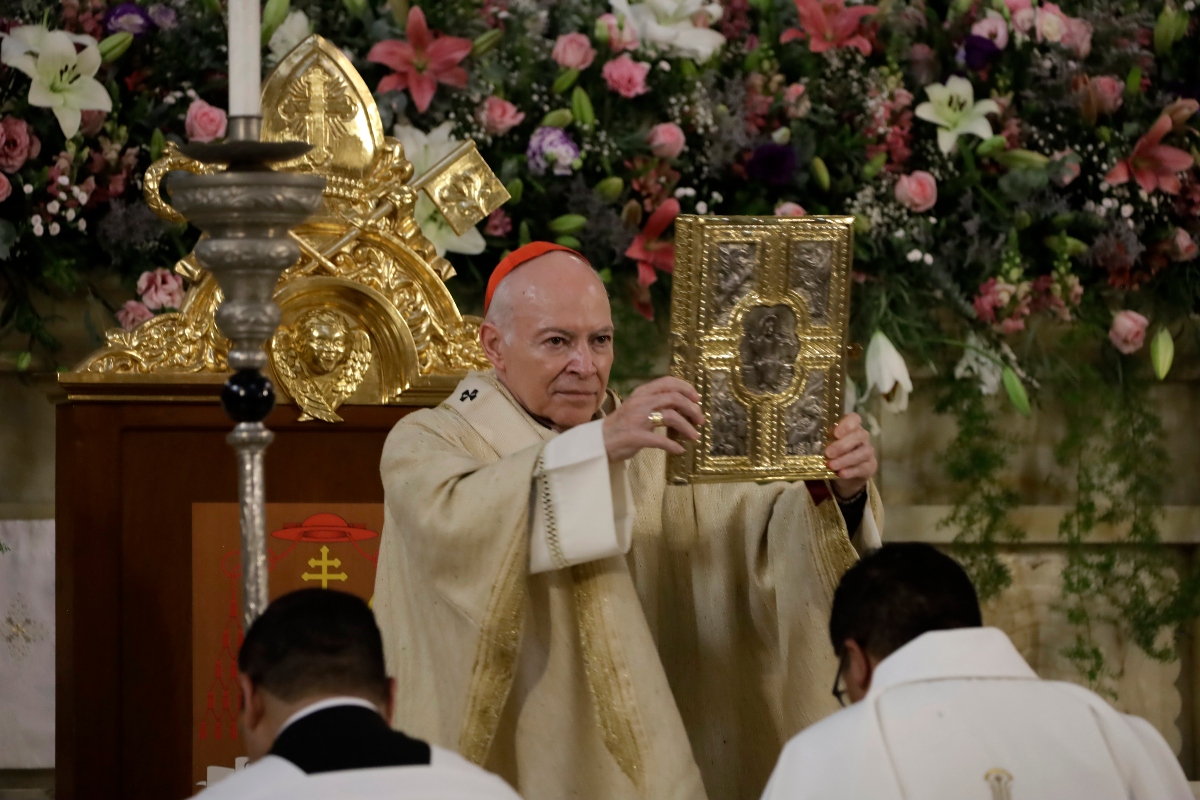
Brazil leads the delegation with seven cardinal electors, among them João Braz de Aviz, archbishop emeritus of Brasilia.
Also, Jaime Spengler, current president of the National Conference of Bishops of Brazil.
Argentina, the home country of Pope Francis, has four representatives:
Among them, Victor Manuel “Tucho” Fernandez, prefect of the Dicastery for the Doctrine of the Faith and one of the pontiff’s closest collaborators.
Mexico, although it has six cardinals in total, only two are eligible to vote:
The Primate Archbishop of Mexico, Carlos Aguiar Retes, and the Archbishop of Guadalajara, Francisco Robles Ortega.
Latin America will have 23 voting cardinals
QueOnnda.com
Other countries with representation include:
Colombia: Luis José Rueda Aparicio, Archbishop of Bogota
Peru: Carlos Castillo Mattasoglio, archbishop of Lima
Chile: Fernando Natalio Chomali Garib, Archbishop of Santiago
Ecuador: Luis Cabrera Herrera, Archbishop of Guayaquil
Uruguay: Daniel Sturla, Archbishop of Montevideo
Paraguay: Adalberto Martínez Flores, Archbishop of Asunción
Cuba: Juan de la Caridad García Rodríguez
Guatemala: Álvaro Ramazzini
Nicaragua: Leopoldo Brenes
These cardinals will be among the 120 cardinals with voting rights – as long as they do not exceed 80 years of age at the time of the papal conclave, as the Church’s regulations dictate.
Relevance to Hispanics
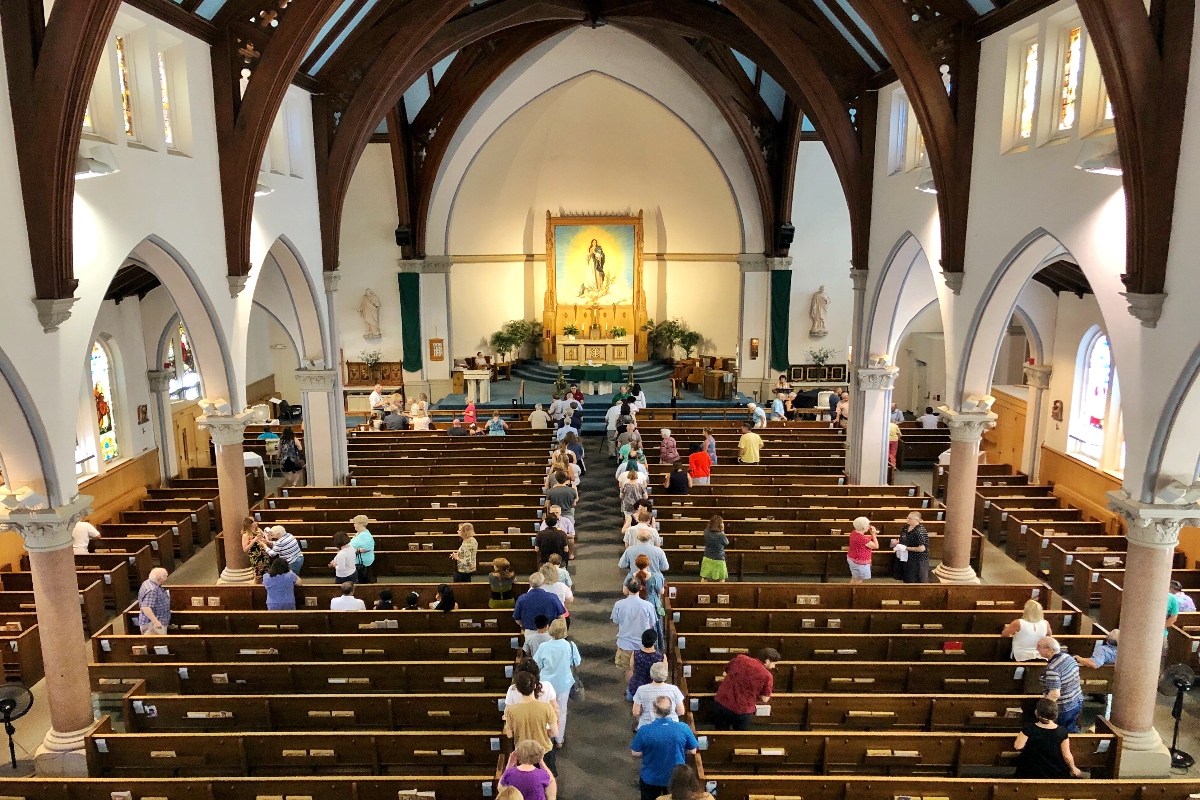
For Hispanic Catholics in the United States, this growing Latin American representation in the upcoming papal conclave is not only symbolic, but deeply significant.
The election of the next pope in a context where 23 cardinal electors come from Latin America reinforces the spiritual and cultural bond with millions of migrants.
Those who profess the Catholic faith and who, many times, see in the Church a refuge from the difficulties of everyday life.
The majority of Hispanic Catholics in the U.S. originate from countries such as Mexico, El Salvador, Guatemala, Colombia and the Dominican Republic.
In these countries, the Catholic faith is deeply rooted.
That the future voters of Francis’ successor come mostly from similar social contexts allows the global Church to be more aligned with the realities and challenges faced by these communities:
Forced migration, economic inequality, violence, discrimination and lack of opportunities.
For more information, visit QueOnnda.com.



